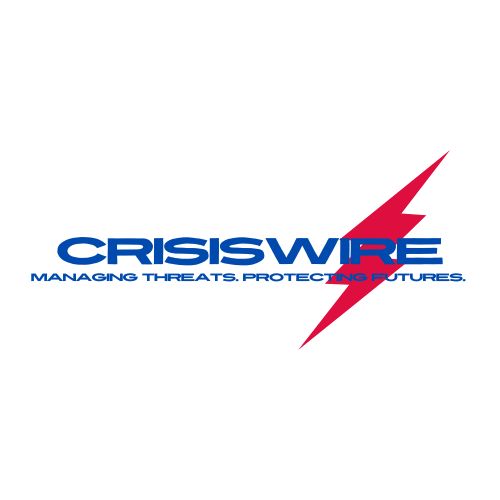Insider Threats in Corporate America: Signs, Prevention & Response
- CrisisWire

- Sep 27, 2025
- 2 min read
When people think about workplace security, most imagine outside hackers, criminals, or competitors. But the most dangerous threats often come from inside the organization. These insider threats—whether malicious employees, careless contractors, or compromised executives—pose one of the greatest risks to corporate America today.
What Is an Insider Threat?
An insider threat is any risk to an organization’s people, assets, or data that originates from within. This includes employees, contractors, vendors, or anyone with access to corporate systems or facilities. Unlike external attackers, insiders already have the keys to the castle.
Types of Insider Threats
Malicious Insiders – Employees who intentionally steal, sabotage, or leak sensitive data.
Negligent Insiders – Staff who make mistakes such as clicking phishing links, misplacing badges, or ignoring protocols.
Compromised Insiders – Individuals coerced, blackmailed, or tricked into enabling access for attackers.
Warning Signs to Watch For
Unusual access to sensitive systems or files
Employees working outside normal hours without cause
Sudden financial stress or behavioral changes
Disgruntled staff openly expressing hostility
Bypassing or ignoring security controls
Prevention Strategies
Background Screening & Vetting: Ensure employees and contractors are thoroughly vetted.
Access Control & Least Privilege: Limit staff access only to what’s necessary.
Behavioral Threat Assessments: Conduct reviews of employees exhibiting warning signs.
Cybersecurity Awareness Training: Equip staff to recognize and avoid phishing or social engineering attacks.
Whistleblower & Reporting Channels: Encourage safe reporting of suspicious activity.

Response Framework
Identify – Detect suspicious behavior early.
Contain – Restrict access and secure assets.
Investigate – Use HR, IT, and security teams to assess.
Mitigate – Remove insider access if confirmed, strengthen policies.
Recover – Address damages, update training, refine monitoring.
📌 Why This Matters for Leaders
Failure to address insider threats can result in:
Multi-million-dollar data breaches
Intellectual property theft
Workplace violence or sabotage
Regulatory fines and lawsuits
Loss of trust with clients and investors
Take Action Today
CrisisWire specializes in Threat Assessments, Access Control, and Business Continuity Planning for corporations across America. Don’t wait until an incident makes the news—protect your people, brand, and bottom line.
📩 Contact us at crisiswire@proton.me to schedule your Corporate Insider Threat Assessment.
🔗 Explore related reading:





Comments